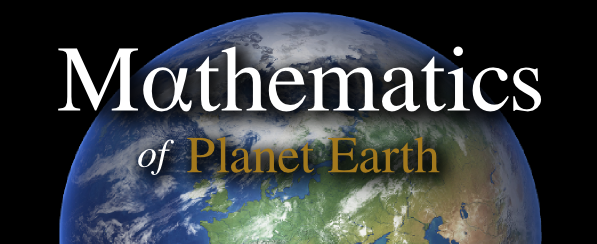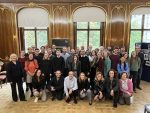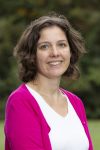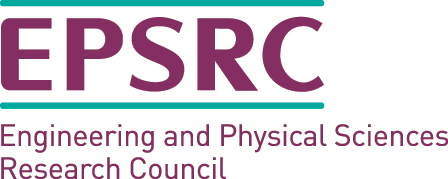Key Speaker and Guests:
Prof Gavin Esler (Professor of Applied Mathematics, UCL)
Dr David Ham (Reader in Computational Mathematics, Mathematics Department, ICL)
Dr Zoe Goss (Renewable Technology Engineer at Frazer-Nash)
Dr Josephine Park (Principal Data Scientist at UK Health Security Agency)
Programme Schedule :
14.30 Prof Gavin Esler on ‘Can jet formation in beta-plane turbulence ever be described by a local closure theory?’
15.15 Refreshment Break
15.30 Dr David Ham on ‘How to not write your model: code generation for geoscientific simulation from a mathematical specification of the model’
16.20 Dr Zoe Goss on ‘Consultancy: a pathway from academia to industry’
16.40 Dr Josephine Park on ‘Data Science in the Public vs Private Sectors’
17.00 Q/A
Prof Gavin Esler
Title: Can jet formation in beta-plane turbulence ever be described by a local closure theory?
Abstract:
One of the oldest and best-studied models in geophysical fluid dynamics is that of stochastically forced turbulence governed by the barotropic vorticity equation on the beta-plane. In the right parameter regime zonal jets, resembling those seen in the extratropics of the giant planets, emerge spontaneously from the turbulence. Recently, new theories (by Srinivasan and Young, Woillez and Bouchet) have emerged for how the Reynolds stresses associated with the forced eddies in the system depend on the local flow conditions. Such theories hold the promise of a closure in which the resulting jet profiles could be explained by a single equation. The aim of the talk is to introduce these theories, reconcile their (apparent) contradictions, discuss their potential usefulness and their limitations, and explain why the answer to the titular question is, generally, no, but perhaps in some special situations, yes.
Dr David Ham
Title: How to not write your model: code generation for geoscientific simulation from a mathematical specification of the model
Abstract:
Solving forward and inverse models described by PDEs is at the core of much computational geoscience. A simulation is a complex combination of equations, discretisations, solvers, preconditioners, data assimilation and much more. The traditional approach to creating models has been to derive the computational algorithm with pen and paper, and then to write low-level code implementing that algorithm. This is a laborious, error-prone, and tedious process which makes model development a glacially slow progress. Having finally developed a forward model, much of the same work must then be re-done in order to create an adjoint model to solve inverse problems.
In this talk I will explain a totally different way of creating model code. Rather than implementing an algorithm, a mathematician can write the PDE they want to solve, and have the computer both derive the algorithm, write the code, and execute it in parallel. I will discuss the mathematical and computational abstractions that make this approach possible, and sketch how a specialised compiler can turn mathematics into code. I’ll also discuss the automation of inverse modelling and will touch on some of our very newest work in incorporating external data into models.
Dr Zoe Goss
Title: Consultancy: a pathway from academia to industry
Abstract:
Since graduating from the MPE CDT, I have joined the renewables technology team at Frazer Nash Consultancy. This has given me the opportunity to work in industry on exciting novel forms of renewable energy. At the same time, many of my colleagues still have strong links with academia; publishing journal papers, presenting at conferences and earning visiting professorship status. In the year I have been working for FNC I have supervised 3 masters students projects and a group undergraduate dissertation. I’ll be talking through my advice for choosing and applying for the right jobs for you, and why consultancy might be a great fit if you are caught choosing between worlds!
Dr Josephine Park
Title: Data Science in the Public vs Private Sectors
Abstract:
I’ll be walking through my career progression from PhD in Ocean Modelling, to Data Scientist at a Tech Consultancy to Principal Data Scientist (and armchair epidemiologist!) in the Civil Service. I’ll talk about some of the differences between Private and Public Sector employment, the types of projects I’ve worked on, and some of the experiences I’ve had working for the UK Health Security Agency during a global pandemic.






